Keywords: Economic Benefits
There are more than 200 results, only the first 200 are displayed here.
-

AUSTRALIA
Next year marks four decades since promulgation of the seminal Declaration of Alma Ata, which declared health to be a fundamental human right and laid the foundations for what are now widely championed as the social determinants of health. Without action on the social determinants, health policy can be a little like that joke about the cyclopean orthopod who, when confronted with a patient suffering fatal internal bleeding, is interested only in fixing their broken leg. So it is with last week's Budget.
READ MORE 
-

INTERNATIONAL
- Kate Galloway
- 09 May 2017
6 Comments
One of the big science stories in the last month has been the invention of an artificial womb. The device has successfully assisted a number of lamb foetuses to term, and scientists are hopeful it will also assist premature human babies. What a wonderful development, to alleviate the health complications for those tiny babies and reduce the heartache for their parents. But the potential of the invention does not stop there. Like all tools, humans could choose to put it to use in ways that are good or bad.
READ MORE 
-
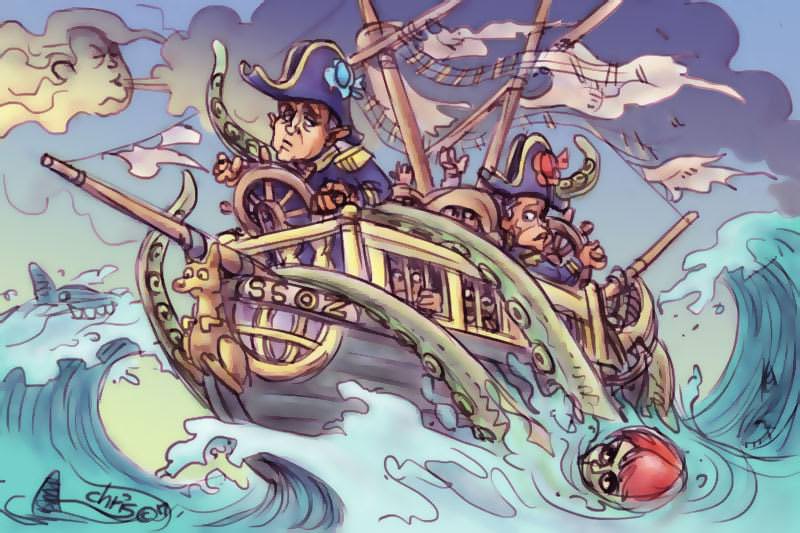
AUSTRALIA
- Andrew Hamilton
- 08 May 2017
11 Comments
In Australian public life we are becalmed in a sea where the trade winds of political will, imagination, ability to agree, trust and firm direction do not blow. We search for portents in the US skies and hope for wind from the budget. The challenge facing the serious person on the ship is to avoid responding to each rumour and proclamation and focus on what matters. What is needed is to sustain the spirits of the crew and to plan the continuation of the journey when the wind again fills the sails.
READ MORE 
-
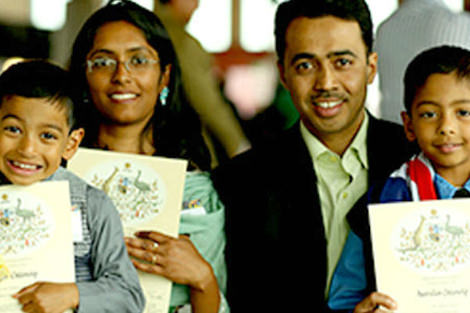
INTERNATIONAL
- Catherine Marshall
- 24 April 2017
16 Comments
Australia has long had a successful migration program, and the country's economic success is proof of this. So when Turnbull calls a press conference to impart the news that 'membership of the Australian family is a privilege and should be afforded to those who support our values, respect our laws and want to work hard by integrating and contributing to an even better Australia', he is making a redundant point. The vast majority of migrants and new citizens already do this.
READ MORE 
-
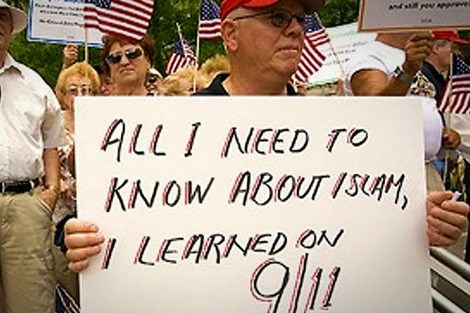
RELIGION
- Ann Deslandes
- 07 April 2017
24 Comments
A person with religious literacy has an understanding and appreciation of the teachings of religions in the world, is knowledgeable about the various applications and manifestations of those teachings, and understands how religious faith forms, informs and enriches contemporary human society. In a world where Islamophobia and anti-Semitism are on the rise, endangering and taking the lives of so many innocent people of faith, it is difficult to overstate the importance of religious literacy.
READ MORE 
-
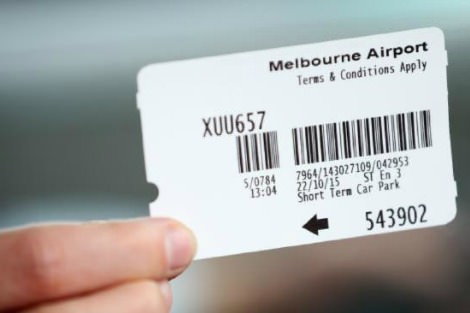
ECONOMICS
- David James
- 04 April 2017
13 Comments
It is increasingly evident how pernicious the privatisation myth is. Two recent examples have underlined it: the failings in Australia's privatised energy grid and the usurious pricing in airport car parks. Both demonstrated that it is folly to expect a public benefit to inevitably emerge from private profit seeking. The purpose of government funded public infrastructure is not to make profits but to lower the cost of doing business, sometimes called the socialisation of the means of production.
READ MORE 
-
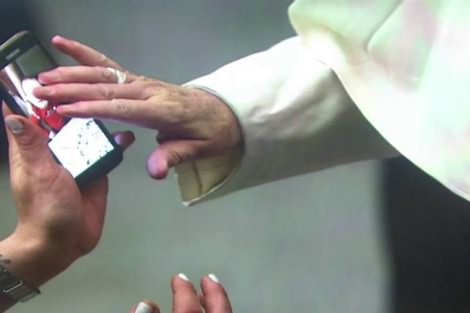
AUSTRALIA
- Michael McVeigh
- 20 January 2017
7 Comments
Many have called for the automated Centrelink debt collection system to be scrapped, but the government is standing by it. One of the reasons for this may be that the system is doing just what it's designed to do - trying to force people away from welfare reliance by making it more onerous. Pope Francis argues that far from a 'neutral' tool, technology creates a framework which conditions people and limits their possible options along lines dictated by the most economically and politically powerful.
READ MORE 
-
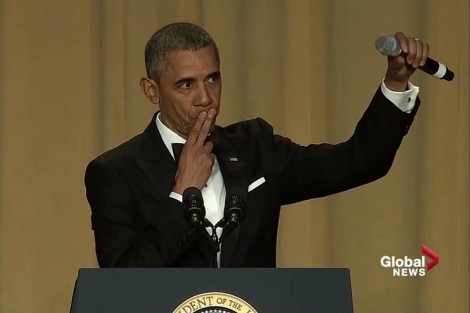
INTERNATIONAL
- Andrew Hamilton
- 18 January 2017
12 Comments
In an otherwise sombre start to the year Barack Obama's final speech has been a shining light. He celebrated what he saw as the successes of his administration without sneering at his political opponents. He spoke graciously and decently, and evoked hope for the future. Obama is right in insisting that empathy is the necessary starting point for reconstructing a broken economic framework. It enables a global perspective from which the good of individuals and groups is set within the flourishing of the whole community, and especially the most disadvantaged.
READ MORE 
-
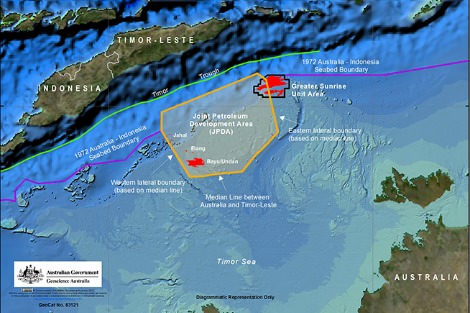
INTERNATIONAL
- Frank Brennan
- 17 January 2017
17 Comments
Without any media fanfare, Foreign Minister Julie Bishop published a statement on 9 January 2017 announcing that Australia and Timor Leste had agreed to terminate the 2006 Treaty on Certain Maritime Arrangements in the Timor Sea. This news is more welcome to the Timorese government than to the Australian government. But the uncertainty created by this Timorese win might in time impact more adversely on Timor than on Australia. Only time will tell.
READ MORE 
-

INTERNATIONAL
- Andrew Hamilton
- 09 November 2016
21 Comments
The US election, to no one's regret, is now over. It remains to wish Donald Trump well as he prepares to take up the office of president. It is tempting to see Hillary Clinton as Humpty Dumpty and ask how she can pick up the pieces of her life, when tarnished and wearied by a campaign so full of personal abuse, revelations of tawdry behaviour and a lack of grace. Yet it is not Clinton that lies broken at the foot of the wall. It is the polity of the US, shown to be bereft of the trust necessary for national wellbeing.
READ MORE 
-

AUSTRALIA
- Frank Brennan
- 13 October 2016
2 Comments
With idealism and pragmatism, I invite you criminal lawyers in the next 30 years to imagine and enact a better criminal justice system which alleviates rather than exacerbates the devastating effects of colonisation and marginalisation on Indigenous Peoples, and most particularly their children. An intelligently designed criminal justice system must help secure the foothold of Indigenous children in both the Market and the Dreaming.
READ MORE
-
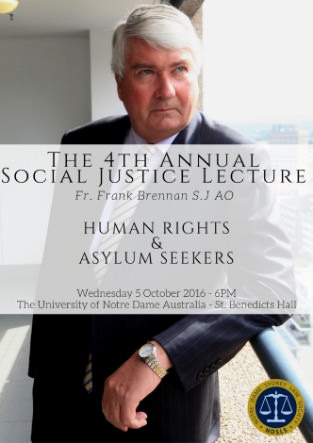
AUSTRALIA
- Frank Brennan
- 06 October 2016
8 Comments
Australia's policy is unique and unrepeatable by other nations because it requires that you be an island nation continent without asylum seekers in direct flight from the countries next door and that you have access to a couple of other neighbouring island nations which are so indigent that they will receive cash payments in exchange for warehousing asylum seekers and proven refugees, perhaps indefinitely. The policy over which Turnbull presides is not world best practice. It's a disgrace.
READ MORE